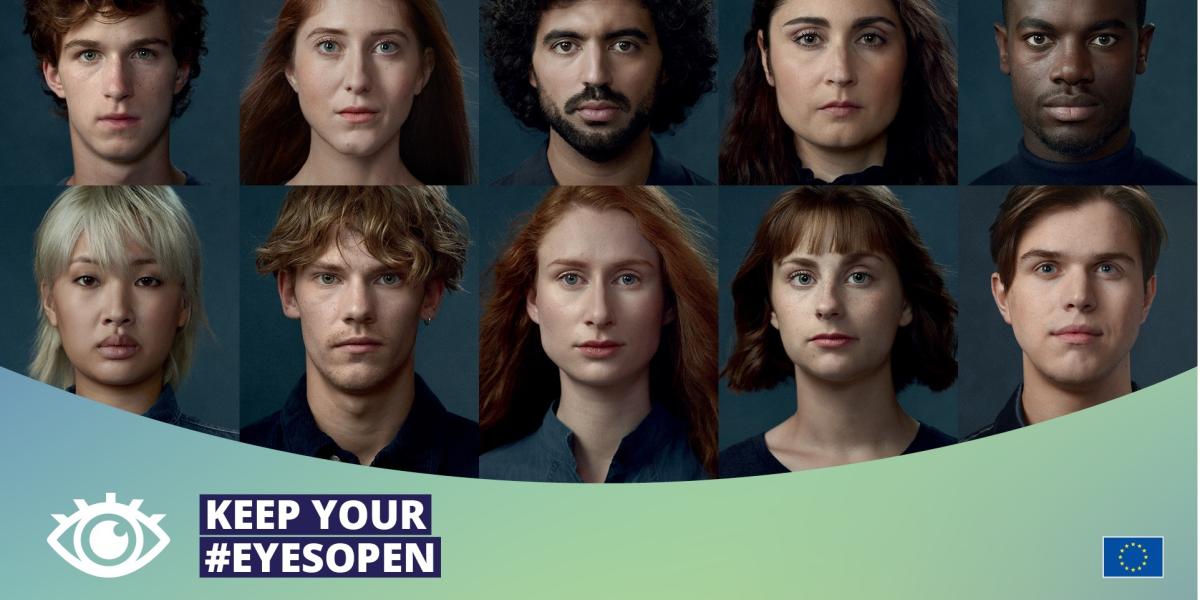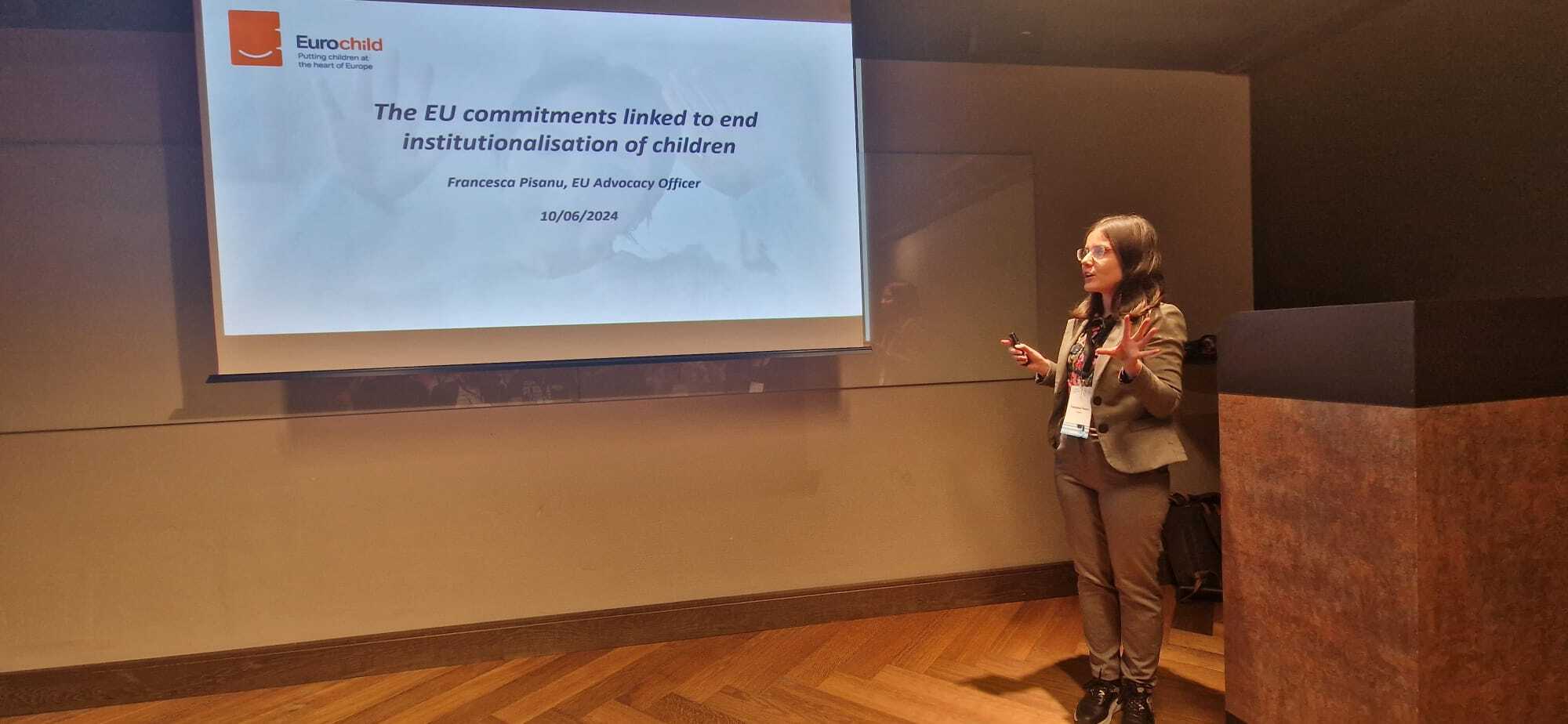The revision of the EU Victims’ Rights Directive: an opportunity to strengthen the rights of child victims
In its position on the revision of the EU Victims’ Rights Directive, the European Parliament strengthens the measures to protect child victims and recognises the enhanced vulnerability of children in institutions, but fails to pay attention to other vulnerable groups.
The 2012 Victims’ Rights Directive obliges Member States to ensure minimum standards on the rights, support, and protection of victims of crime within the EU. The 2022 evaluation by the European Commission identified the need for a targeted revision to ensure victims would fully benefit from their rights, leading to the adoption of a Commission’s Proposals for a Revised Directive in 2023. The European Parliament’s position on the proposal, adopted on the 13th of March by the Committee on Women's Rights and Gender Equality and the Committee on Civil Liberties, Justice and Home Affairs, marks progress in recognising the rights of child victims. On the 10th of April 2024, the European Parliament decided to initiate interinstitutional negotiations regarding the revision of the Directive. The forthcoming negotiations among the Parliament, the European Commission and the Council during the 2024-2028 institutional mandate to agree on the final text of the Directive, will be of particular importance to strengthen the Directive by paying specific attention to child victims.
At Eurochild, we commend the focus of the European Parliament's position on providing the highest level of support and protection to child victims, including those at risk of domestic violence. The European Parliament’s report calls for targeted and integrated services involving collaboration between judicial and social services, emphasising the importance of training public authorities, bodies and institutions, such as police officers and court staff, to interact with victims in an age and trauma-sensitive manner. According to the report, child victims should have access to specialised and age-appropriate services, including psychological and psychosocial services and legal aid. Furthermore, the report stresses the importance of upholding the right of the child to be heard and ensuring their best interests during criminal proceedings. The Parliament also acknowledges the heightened vulnerability of children in institutional care to becoming victims of crime and calls for measures to facilitate reporting in such settings.
As the revision of the Directive is an opportunity to improve the child protection systems across the EU, we call on the EU institutions to further strengthen the measures to protect child victims. It is indeed necessary that the Directive ensures support for children as soon as the competent authorities have reasonable grounds to believe that the children might have been subject to or witnessed violence. Further, we call on the EU institutions to improve statistical data disaggregated by intersectional indicators, including gender, disability, age, and citizenship, or statelessness. As often child victims are not aware of their victim status, it is crucial that the Directive calls for information to be provided to children in an age-appropriate and culturally sensitive manner.
Together with other civil society organisations, we are concerned about the limited mention of migrant people, including children, in the Directive, and the lack of measures to ensure universal access to justice regardless of residency status. It is crucial to ensure safe reporting environments and that fear of repercussions, such as deportation, does not deter victims, including children, from seeking justice or accessing compensation. These measures will be particularly important, especially in view of the recently adopted EU Migration and Asylum Pact and the EU Anti-Trafficking Directive.
The Revised Victims’ Rights Directive is among the 119 legislative files opened in the 9th institutional cycle that will be negotiated by the EU institutions in the years to come. While we appreciate the amendments concerning child victims, we hope upcoming negotiations will further strengthen the Directive, upholding a wider range of children’s rights.
As Europe’s largest network of organisations and individuals working with and for children, we eagerly anticipate offering insights to the 2024-2028 Parliament and Commission to ensure the protection of all children, especially those at risk of harm.
For further information:
Contact Francesca Pisanu, Eurochild EU Advocacy Officer




